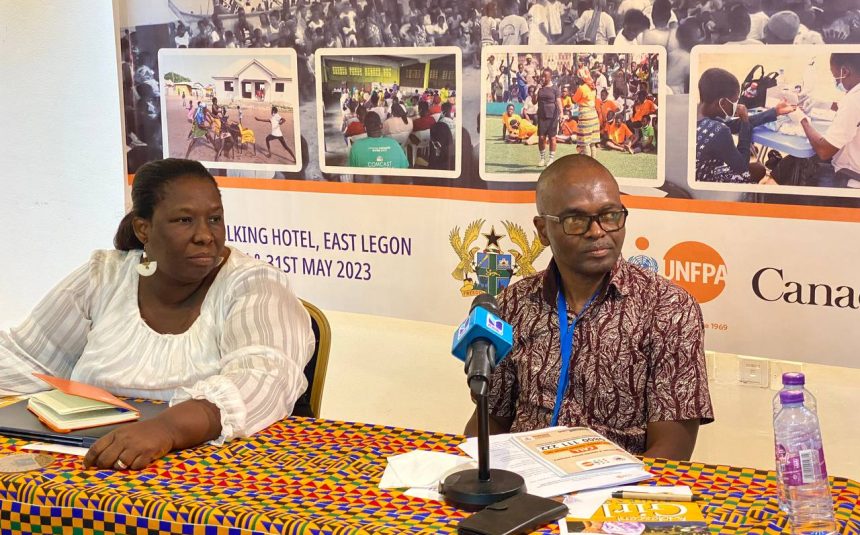The United Nations Population Fund Ghana (UNFPA Ghana) has partnered with the Purim African Youth Development Platform (PAYDP) to transform the livelihoods of young adolescent girls in various districts across the country.
The Adolescent Girls Programme, which is a UNFPA-UNICEF joint programme implemented since 2019, targeted girls aged 10 to 19 in various districts and communities across Ghana, focusing on sexual reproductive health and rights, sexual and gender-based violence, legal literacy, livelihood empowerment skills, and leadership development.
With the support of UNFPA Ghana, the adolescent girls had access to gender-responsive comprehensive sexuality education, youth friendly sexual and reproductive health services, including family planning and contraception.
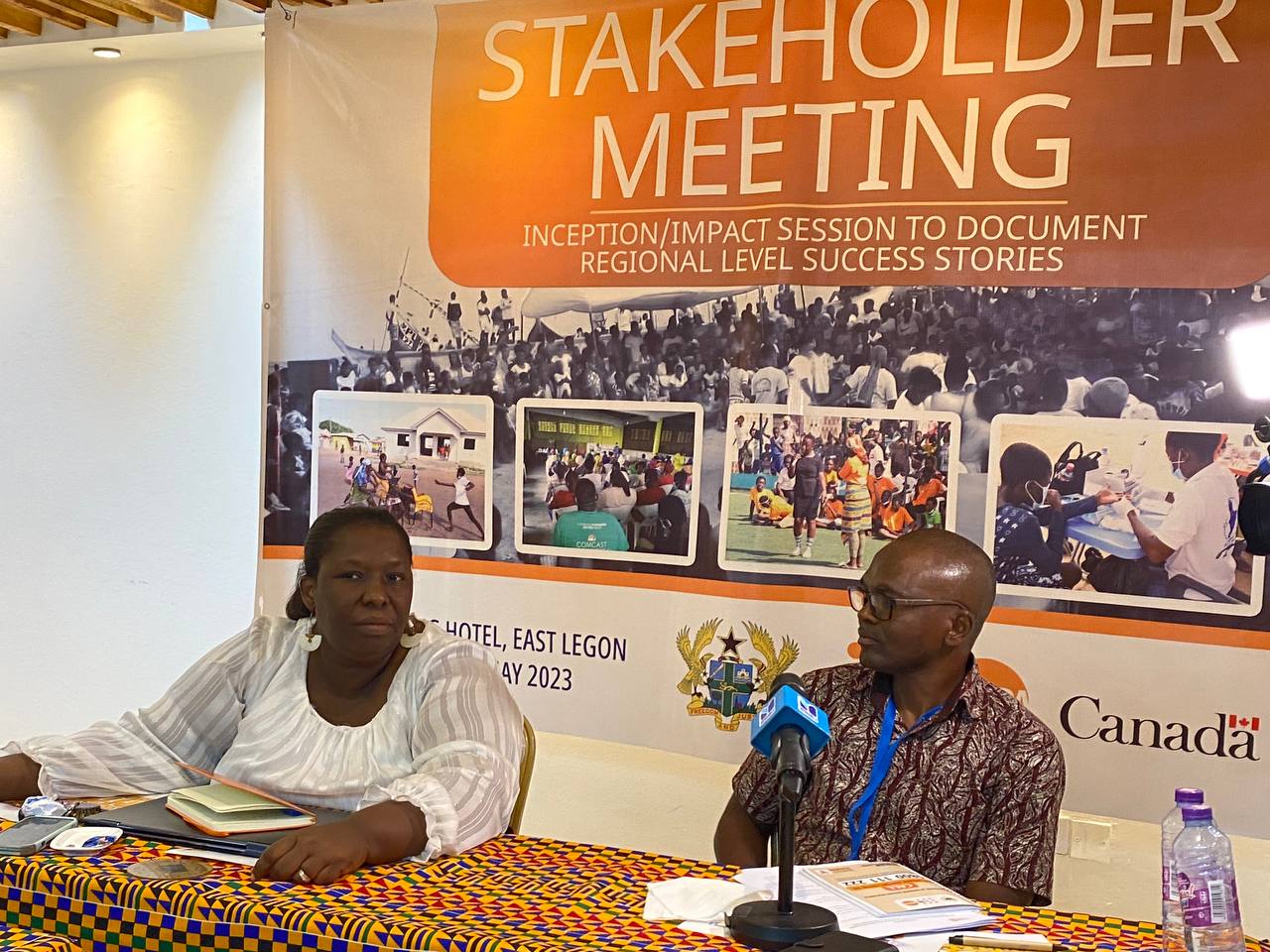
Speaking at a stakeholder meeting to document the regional level success stories, Rev. Aku Xornam Kevi, the Executive Director of PAYDP – an implementing partner with UNFPA Ghana- shared inspiring success stories from the programme, stating that over 93,000 adolescent girls between the ages of 10 and 19 have benefited from the initiative.
She added that many girls who received sexual reproductive health information and services through the programme have made positive life decisions. Some girls who had experienced early pregnancies and motherhood decided not to have additional children and returned to school. Others started businesses, pursued careers in fields like law enforcement, and became active leaders in their communities.
“There are so many girls who have enjoyed and have been part of this adolescent girls programme. We’ve reached over about 93,149 adolescent girls who are 10 to 19 years. We’ve also reached women above 20 years, that’s 10,170 and we’ve also reached men, that is 8,189, men and boys. Now that we have seen the success stories of this programme, we’ve realised that under the sexual reproductive health information and services that we’ve given to these girls, a lot of them have been able to make positive decisions for their lives. A lot of these girls who got pregnant decided that they will not get pregnant again, some of them went back to school. A lot of them have started businesses, some of them have become police people and all sorts of things. And we are proud of these girls” she said.
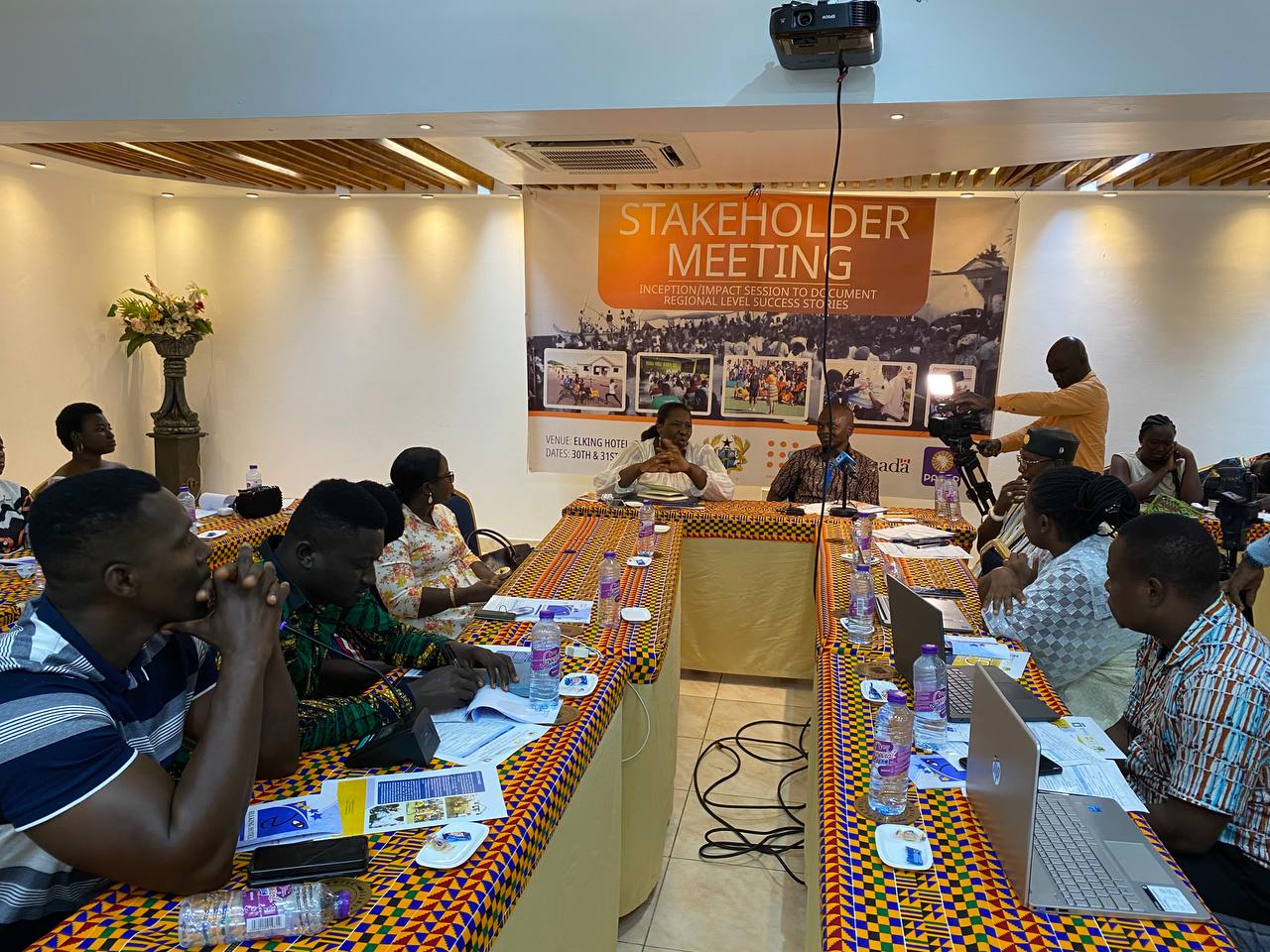
Rev. Kevi added that under the “Project Inspire” component of the programme, which focused on livelihood empowerment skills, numerous girls established businesses that were registered by the Food and Drugs Authority. Examples included the successful production and sale of herbs and spices in Kintampo, beads in Techiman, cosmetics in Accra, and batik T-shirts in Assin-Fosu.
According to her, the programme also received strong support from community leaders, traditional leaders, religious leaders, the chief of Kaneshie, and assembly members. Their involvement and endorsement greatly contributed to the success of the initiative. In some cases, the programme provided vital support to communities where clinical services were lacking, reinforcing its value as an essential resource for community members.
“We would also like to say that when you look at the livelihood empowerment skills that we give these girls, and what we call ‘Project Inspire’, a lot of these girls have also been able to start businesses that have been registered by the Food and Drugs Authority. Another inspiring thing that we’ve seen, have been the men, we’ve had men who are backed us, we have the chief of Kaneshie, who have been one of the champions, the assembly members, and all these people, traditional leaders, religious leaders. One of the communities in Assin was telling me that in Assin-South, under the LEAP programme, one of the interventions that they really wanted to give these people were clinical services, but there’s no clinic in Assin-South, so our programme was one of the major supports that was given in this community, she added.
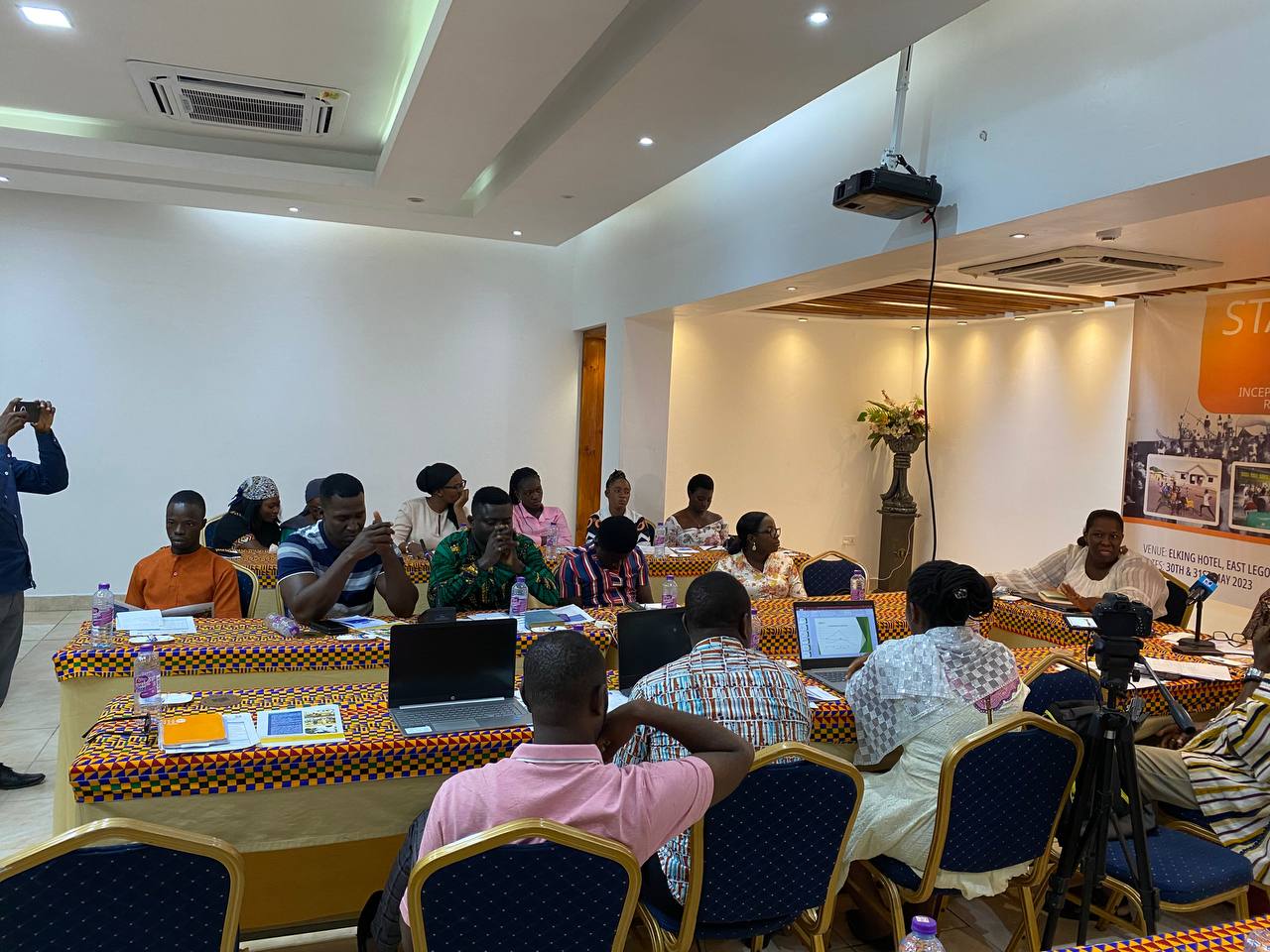
Looking ahead, Rev. Kevi emphasized the importance of strengthening the livelihood components of the programme. She underscored the significance of an integrated approach that combines sexual reproductive health information with sustainable livelihood opportunities to empower girls and reduce vulnerabilities.
She further called on other stakeholders to provide support to ensure the continuity of the programme until the next phase.
“Looking forward, one of the things I see is strengthening the livelihood components of this programme. Doing this programme has taught me that the integrated approach is key, you cannot give girls sexual reproductive health information without giving them something that will support their livelihood. That is what makes them want to listen to whatever the men tell them. So it’s very important that we get that support. We also call on other stakeholders, because if there’s more support for this programme, until the next phase comes, we believe that these girls will be supported. So that is really what we are looking forward to in the next phase” she added.
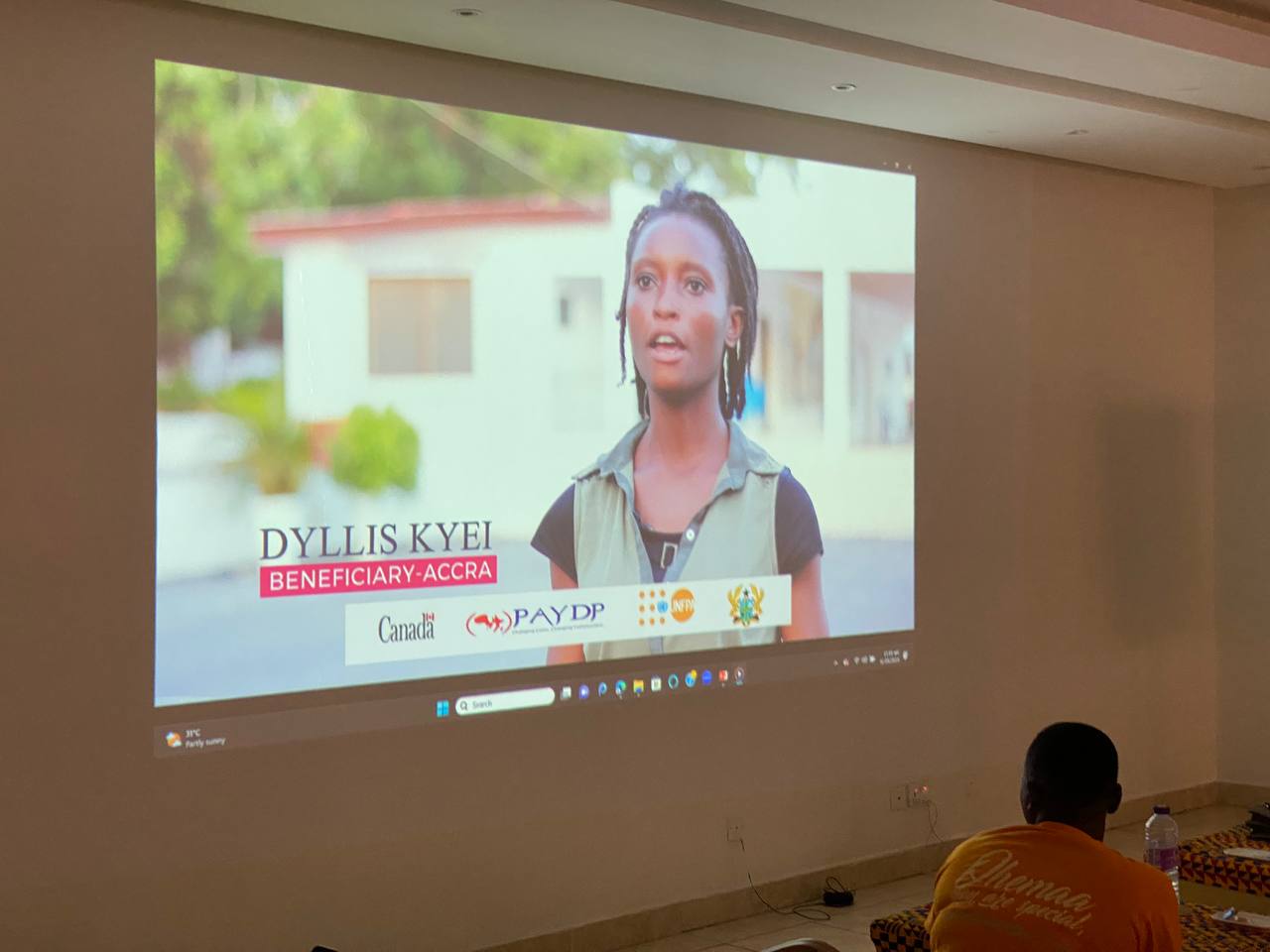
Speaking to the media after the meeting, Owusuaa Mavis from Techiman, who had to drop out of school after becoming pregnant at the age of 17 shared how UNFPA Ghana and PAYDP, through the Adolescent Girls Programme, put her on the path of achieving her dream of becoming a nurse.
“I got pregnant and dropped out of SHS because I got pregnant at the age of 17. I joined the integrated programme in 2018. I got information on Sexual and Gender based violence, livelihood skills such as beads and soap making, and legal literacy. Through the empowerment I got, I went to resit for my WASSCE exams and passed. With support from UNFPA/PAYDP I got admission to Krobo nursing training. I am happy I can now achieve my dreams of being a nurse, God bless UNFPA and PAYDP” she said.
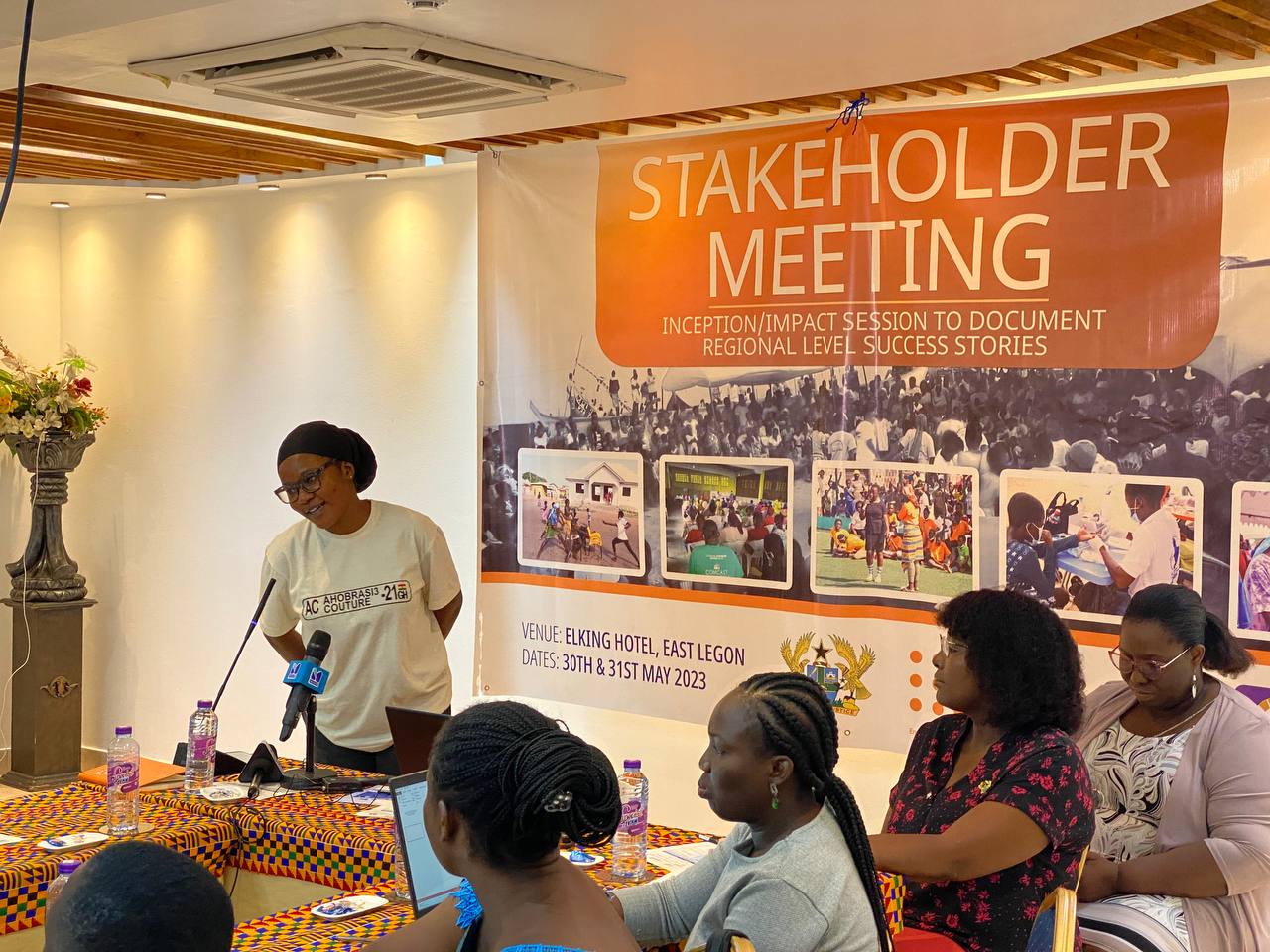
Seidu Wasila, who is another beneficiary of the program, was a street hawker who encountered the programme after finishing high school and received training in sexual and reproductive health, peer education, and various skills. She expressed gratitude to UNFPA Ghana and PAYDP for their support in helping her to become a lecturer in future.
“After completing Islamic senior high school I encountered the UNFPA/PAYDP programme in 2019 in Kumasi. After finishing SHS my dad asked me not to go back to school because he claims he didn’t have money and asked me to live with an Uncle who almost raped me. I have received training in Sexual and Reproductive health and became a peer educator with the programme. I received further help to offer a Degree in Education at St Louis college of Education. I am very grateful for their support. Without them,| wouldn’t have been who I am today. I want them to continue supporting me to achieve my aim of becoming a lecturer”.
Despite some challenges encountered, the successes of the UNFPA-UNICEF Adolescent Girls Programme outweighed the difficulties faced.
The stakeholders present at the meeting expressed their commitment to sustaining the programme’s impact and ensuring the support and empowerment of Ghanaian girls until the next phase.
More Photos from the stakeholder meeting
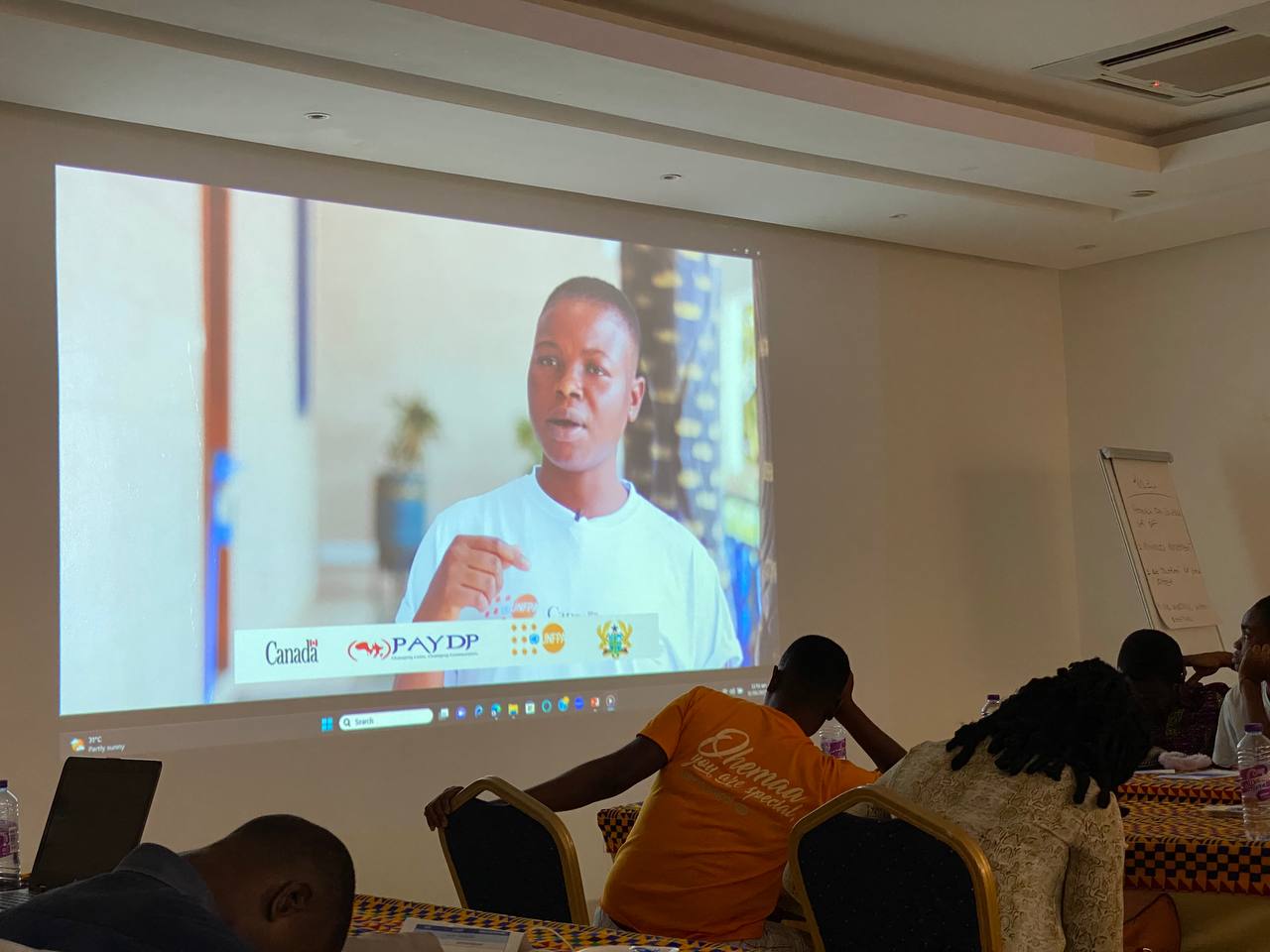
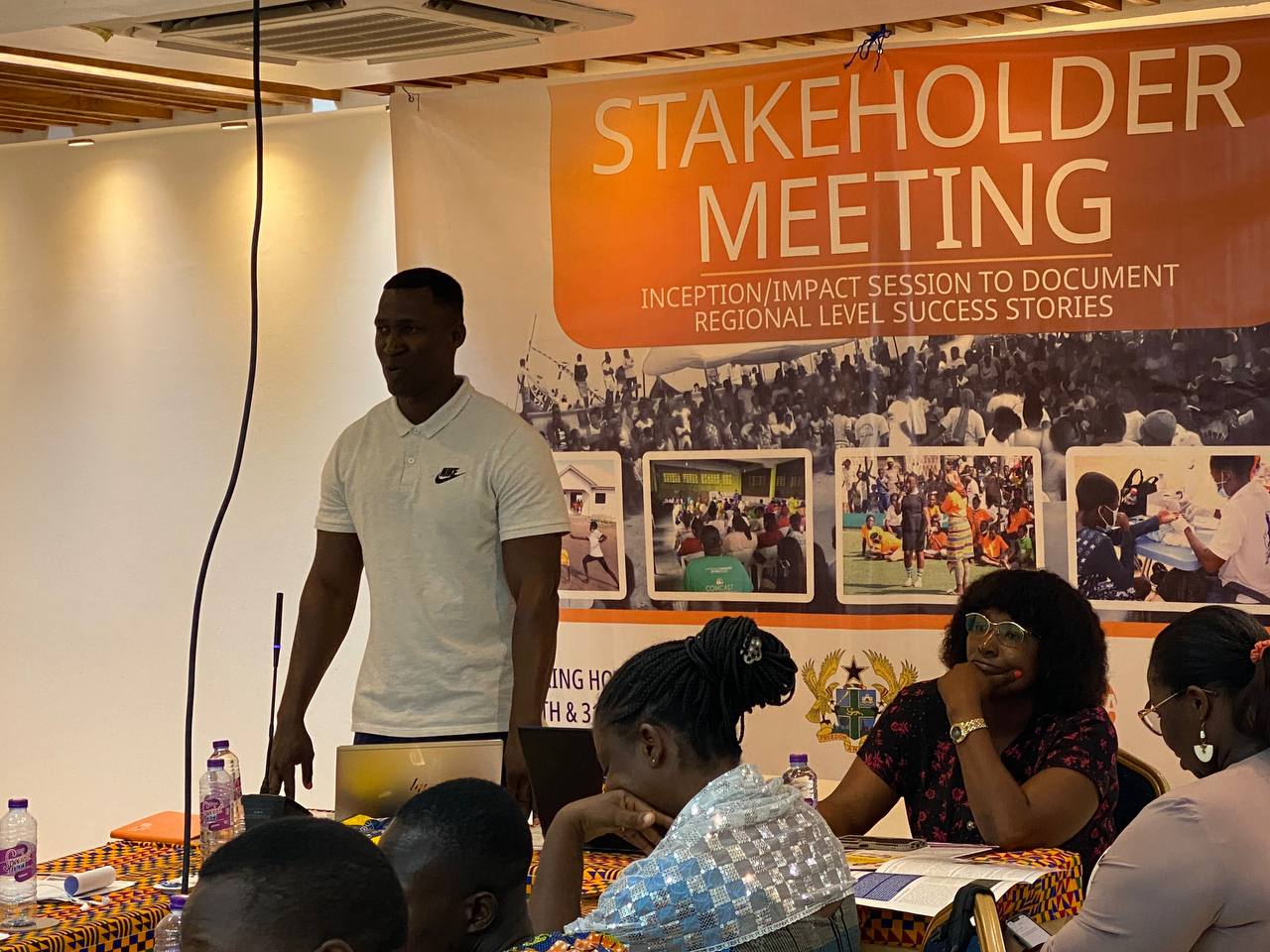
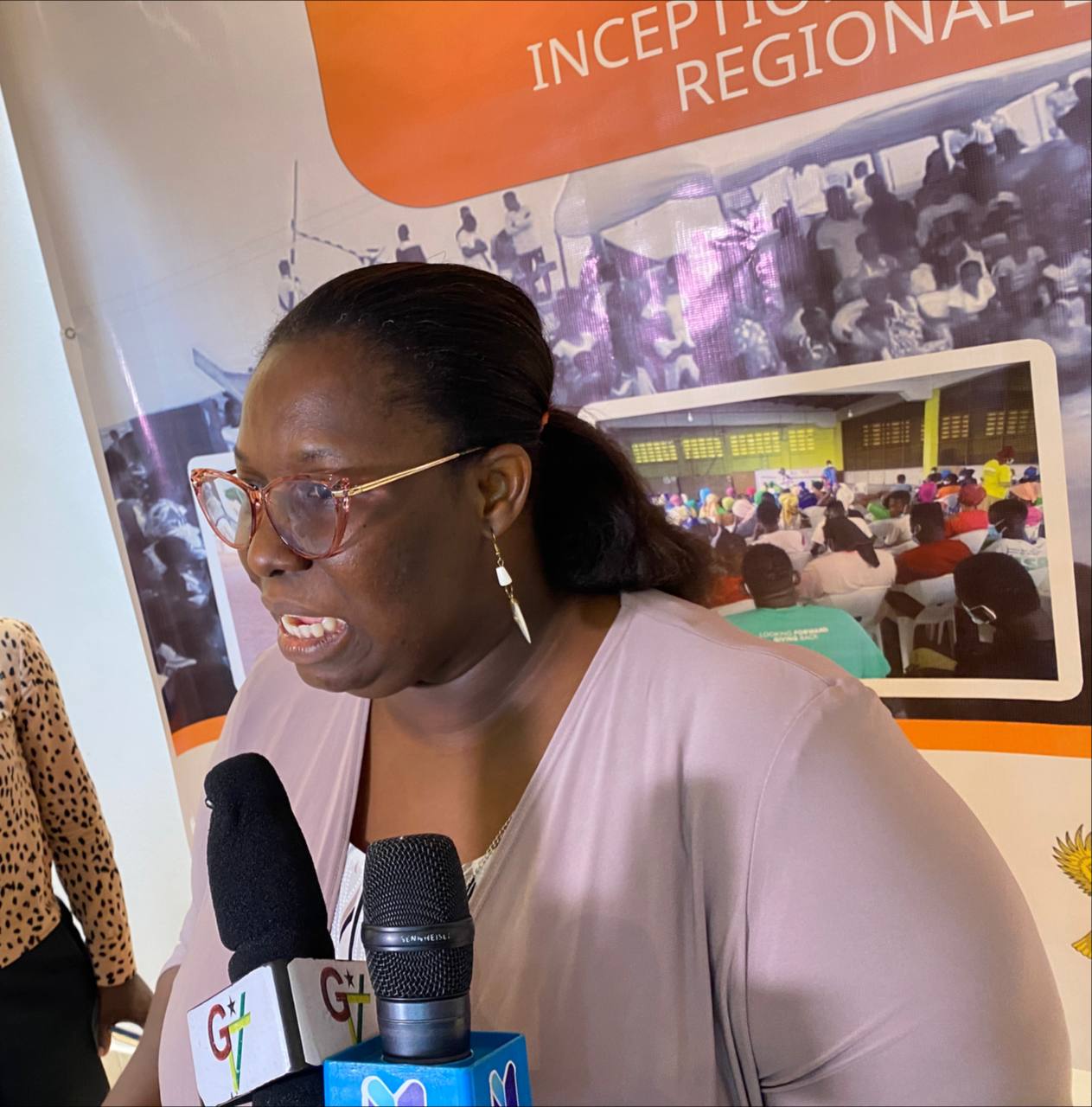
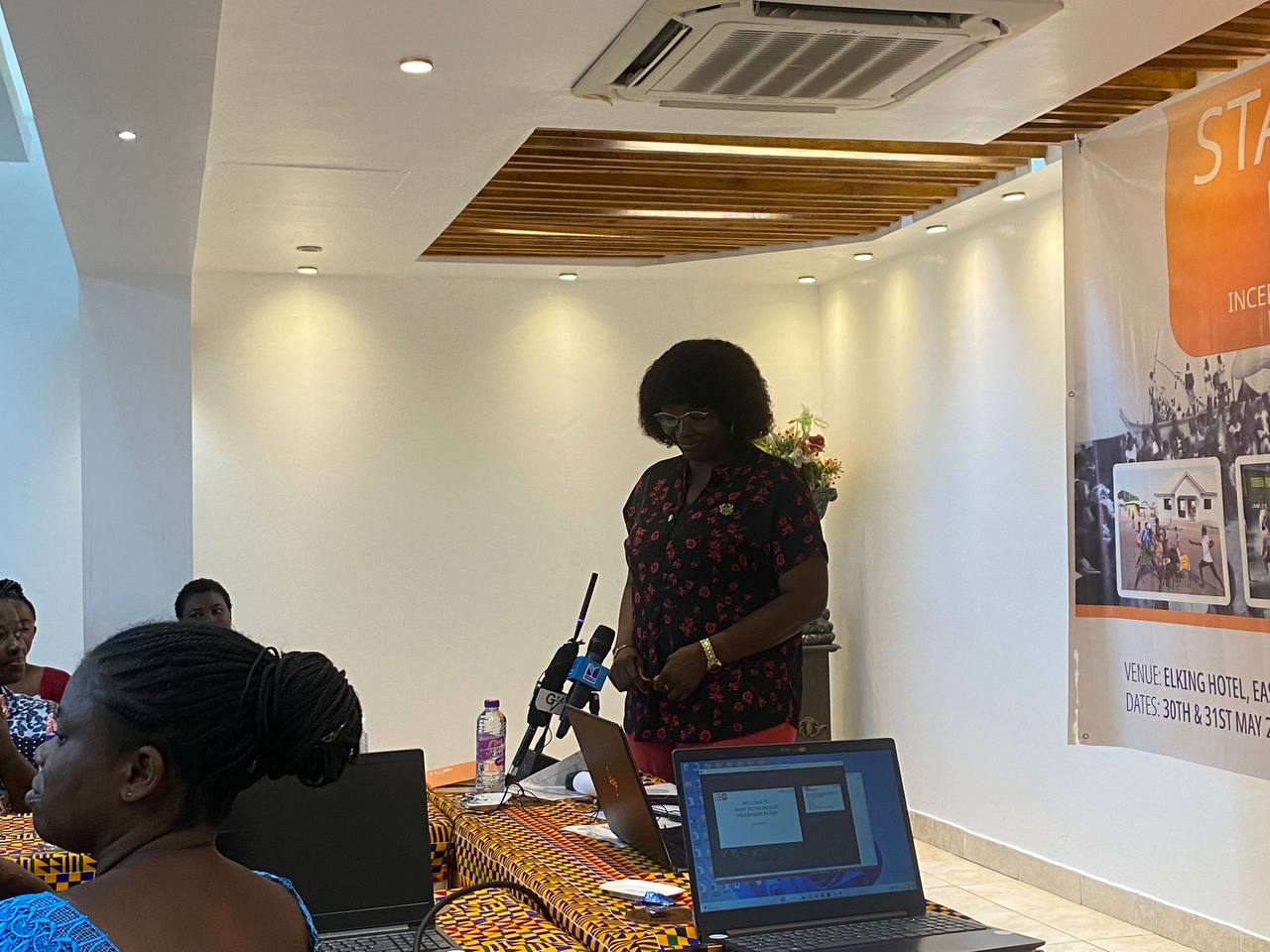
–
Story by: Kelly Adjetey Boye | univers.ug.edu,gh

